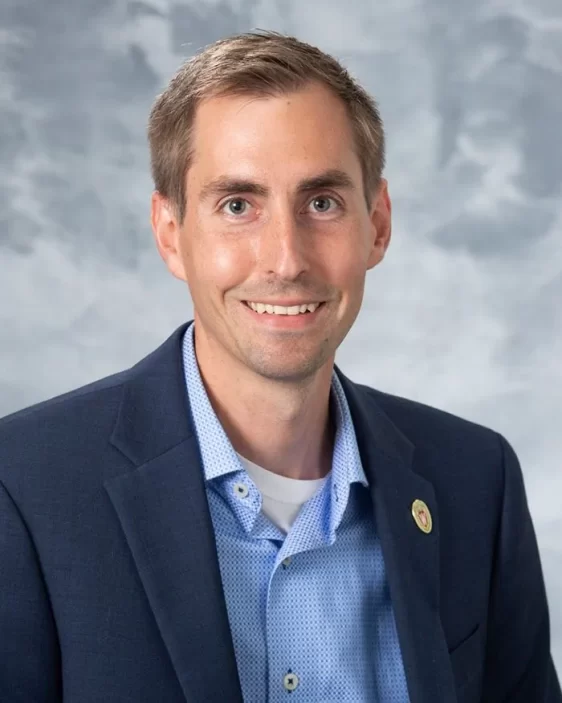Assistant Professor of Pharmacy
School of Pharmacy | Pharmacy Practice and Translational Research Division
Hometown: Cedarburg, WI
Dr. Cody Wenthur is an innovative, translational investigator in psychopharmacology who has been on the UW–Madison faculty since 2018. His work is focused on improving our understanding of the basis for beneficial and detrimental effects of opioids, cannabinoids, psychedelics, and other neuroplasticity-inducing approaches in the context of novel therapeutic approaches for promoting and maintaining mental health.His research program has received both basic and clinical grant and fellowship support from NIGMS, NIDA, NIMH, independent foundations, and philanthropic funds. The resulting findings have been published in leading journals such as Nature and PNAS and have yielded the development of first-in-class tool compounds and generated new pharmacologic techniques for the investigation of complex psychoactive mixtures.His scientific research is complemented by his dedicated support of graduate education in neuropharmacology, including active service as the founding director of the Psychedelic Pharmaceutical Investigation Master’s program, and mentorship of PharmD and PhD students in the Pharmaceutical Sciences, Molecular and Cellular Pharmacology, and Neuroscience Training Programs.
Talks:
Psychedelics and Mental Health
My lab is working on new approaches to improve mental healthcare and mental wellness through better understanding of how psychedelics and other psychoactive drugs can be used alongside therapy. This approach has the potential to address the staggeringly high rates of depression, anxiety, overdose, and suicide that exist in Wisconsin and across the globe, and has the potential to change how we manage access to mental healthcare and address widespread health disparities.
Vaccines Against Overdose
Opioid overdoses lead to massive numbers of preventable deaths in Wisconsin and across the United States each year. Improved access to rapid overdose reversal measures is critical, but development of longer-term strategies that reduce risk for relapse and overdose are also needed. Vaccine approaches can help an individual’s own immune system accomplish these goals, but important practical and ethical considerations must also be considered alongside study of these novel interventions.
